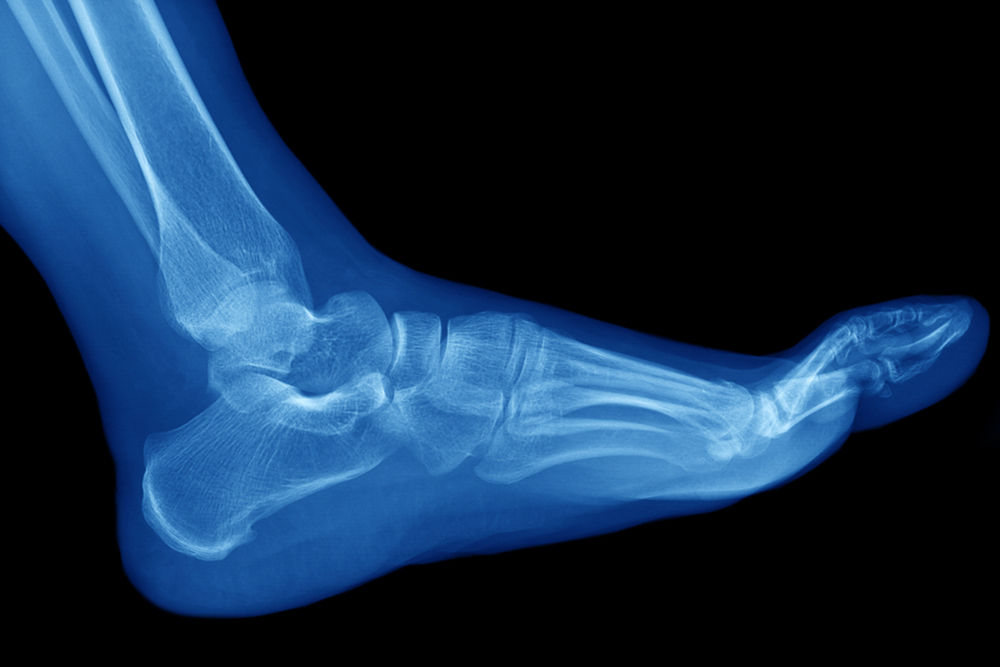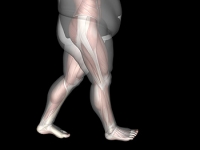 Fatigue fractures, which are known as stress fractures, occur when there is stress that is exerted on the bone. The foot is a common place for this to happen, and it can occur from increasing mileage and speed too quickly while running. The area may be tender to touch, and there can be severe pain and discomfort. A stress fracture can be confirmed when a proper diagnosis is performed. This can include having an X-ray or MRI taken, and then proper treatment can begin. It is beneficial to temporarily stop practicing the activity that led to the stress fracture. Patients have found mild relief when the affected foot is elevated. Many patients can perform non-impact exercises that can include swimming and cycling. This can help to maintain exercise goals while the injured foot is healing. Gradually, the normal routine of exercise and activities can be resumed, when the stress fracture has healed. If you feel you may have endured a stress fracture in your foot, it is strongly advised that you consult a podiatrist who can properly treat this condition.
Fatigue fractures, which are known as stress fractures, occur when there is stress that is exerted on the bone. The foot is a common place for this to happen, and it can occur from increasing mileage and speed too quickly while running. The area may be tender to touch, and there can be severe pain and discomfort. A stress fracture can be confirmed when a proper diagnosis is performed. This can include having an X-ray or MRI taken, and then proper treatment can begin. It is beneficial to temporarily stop practicing the activity that led to the stress fracture. Patients have found mild relief when the affected foot is elevated. Many patients can perform non-impact exercises that can include swimming and cycling. This can help to maintain exercise goals while the injured foot is healing. Gradually, the normal routine of exercise and activities can be resumed, when the stress fracture has healed. If you feel you may have endured a stress fracture in your foot, it is strongly advised that you consult a podiatrist who can properly treat this condition.
Activities where too much pressure is put on the feet can cause stress fractures. To learn more, contact Brent Harwood, DPM from Southeast Podiatry. Our doctor can provide the care you need to keep your pain free and on your feet.
Dealing with Stress Fractures of the Foot and Ankle
Stress fractures occur in the foot and ankle when muscles in these areas weaken from too much or too little use. The feet and ankles then lose support when walking or running from the impact of the ground. Since there is no protection, the bones receive the full impact of each step. Stress on the feet can cause cracks to form in the bones, thus creating stress fractures.
What Are Stress Fractures?
Stress fractures occur frequently in individuals whose daily activities cause great impact on the feet and ankles. Stress factors are most common among:
- Runners
- People affected with Osteoporosis
- Tennis or basketball players
- Gymnasts
- High impact workouts
Symptoms
Pain from the fractures occur in the area of the fractures and can be constant or intermittent. It will often cause sharp or dull pain with swelling and tenderness. Engaging in any kind of activity which involves high impact will aggravate pain.
If you have any questions, please feel free to contact one of our offices located in Fairhope, Brewton, and Atmore, AL. We offer the newest diagnostic and treatment technologies for all your foot care needs.








